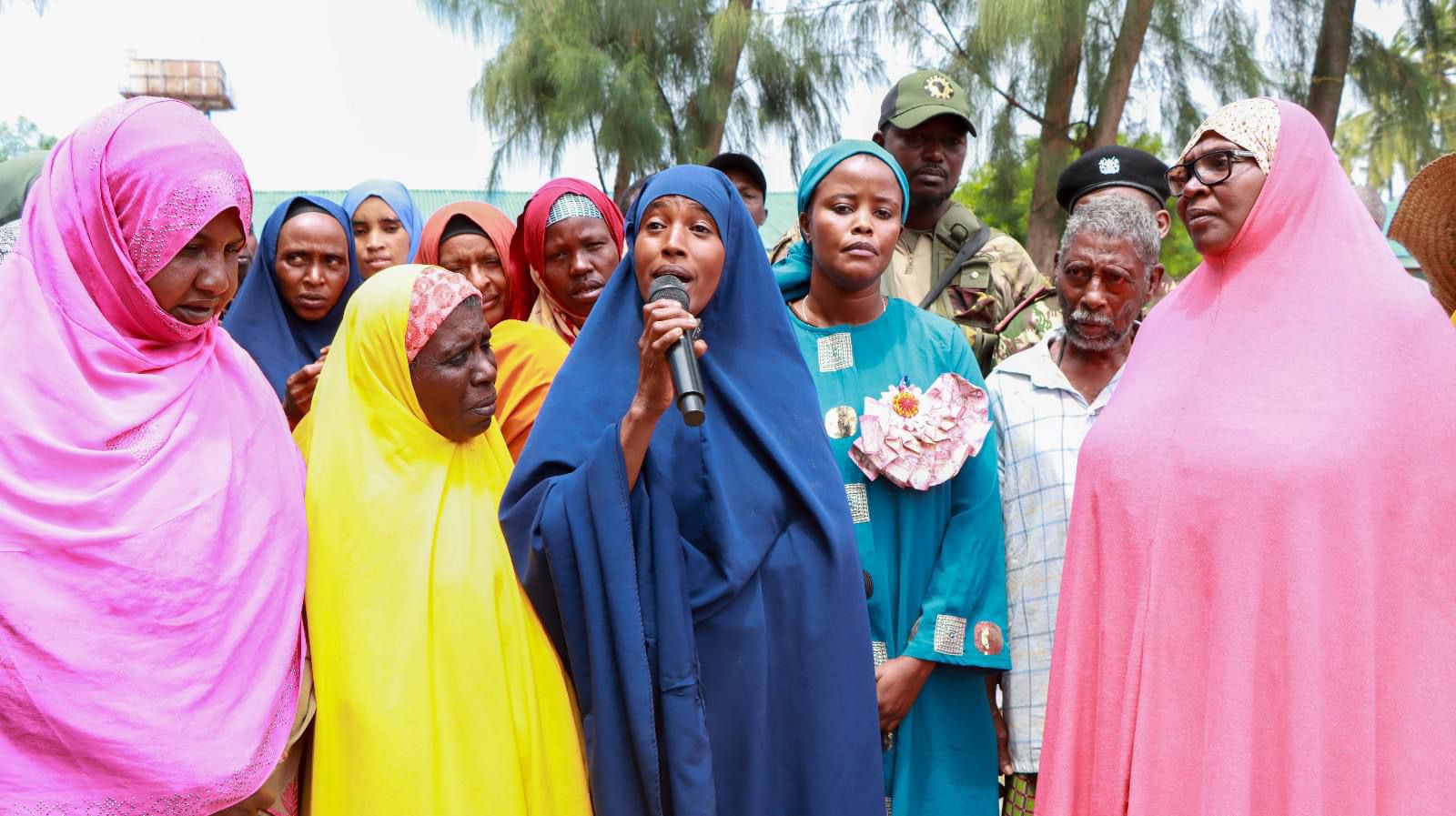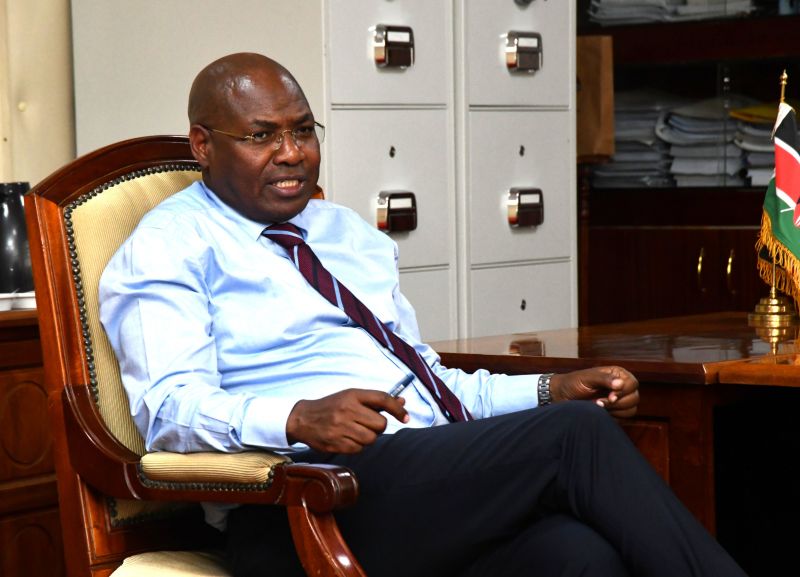Kiunga residents decry state neglect as poor roads cut off access to essential services

They say the region's poor road infrastructure has made it nearly impossible to access essential services, leaving them cut off from the rest of the country and struggling to meet basic needs.
Residents of Kiunga, a small town near the Somali border in Lamu County, are voicing their frustration over what they term as government neglect.
They say the region's poor road infrastructure has made it nearly impossible to access essential services, leaving them cut off from the rest of the country and struggling to meet basic needs.
More To Read
- Kiunga residents in Lamu raise concerns over weapon testing near homes
- Lamu family cries for justice as fisherman is abducted from home in Kiunga
- Muslim ritual meets Swahili culture at Kenya’s unique annual Maulidi festival
- Lamu fishermen laud establishement of new cold storage facility in Kiwayu
- Lamu’s King Fahd Hospital makes history with first laparoscopic kidney cancer surgery
- Lamu County unveils refugee peacebuilding programme in Kiunga
Fatuma Abdi, a local woman, spoke with a mix of anger and resignation. Despite completing her education up to Form Four, she still lacks a national ID card, a crucial document for employment and other services in Kenya.
“We are hurt because people are getting educated. I went to school, but I cannot walk into an office because I do not have an ID card. I studied up to Form Four, but I have no right to get a job in Kiunga because I do not have an ID. What was the point of my education?" she lamented.
The challenge of accessing government services is compounded by Kiunga's location, just a few kilometres from the Somali border. Ali Jelani, another resident, emphasised that despite their proximity to Somalia, they are disappointed despite being Kenyans who deserve to be treated with respect.
"We are close to the border, just a few kilometres from a place called Ras Kamboni, and those people are like our brothers. So, we cannot engage in any criminal activities or harm our citizens because we love them and want to protect our country. We, the residents of Kiunga, are Kenyans. They should not treat us as if we are from Somalia or as people without value, or fear us as if we are criminals," he asserted.
Medical care
Residents like Mohamed Ali, a shopkeeper, feel the lack of infrastructure is a form of neglect. "Without good roads, we can't get supplies or medical care. It is like we're forgotten," he said.
Fatuma Hassan, a farmer, echoed these concerns, saying, "Our produce rots in the fields because we can't transport it to market. How are we supposed to thrive?"
The poor roads have also stunted development projects, according to Omar Bashir, a youth leader. "Our youth are losing hope," he noted. "With no roads, there are no jobs, no growth."
Amina Suleiman, a mother of four, pleaded for urgent action. "Our children deserve better access to schools and healthcare," she said.
Meanwhile, Ahmed Juma, a fisherman, warned that the situation has also affected security. "Even the security forces struggle to get here. We live in fear every day."
Local leaders have also expressed concern. Lamu Woman Representative, Muthoni Marubu, who recently visited Kiunga, described her own ordeal traveling to the town. "The road from Hindi to Kiunga should only take one and a half hours," she said.
“But I had to wake up at 4.30 am and still arrive at 10.00 am, taking a boat from Hindi to Mkokoni and then another to Kiunga. If a proper road was built, it would be easier for everyone including the security forces to move and protect our people."
Top Stories Today












































